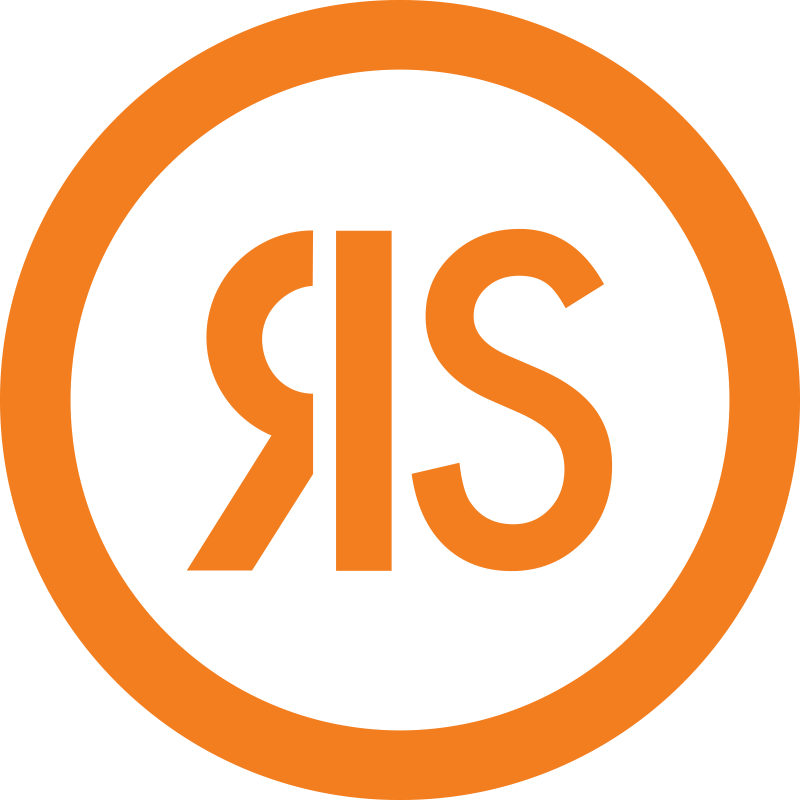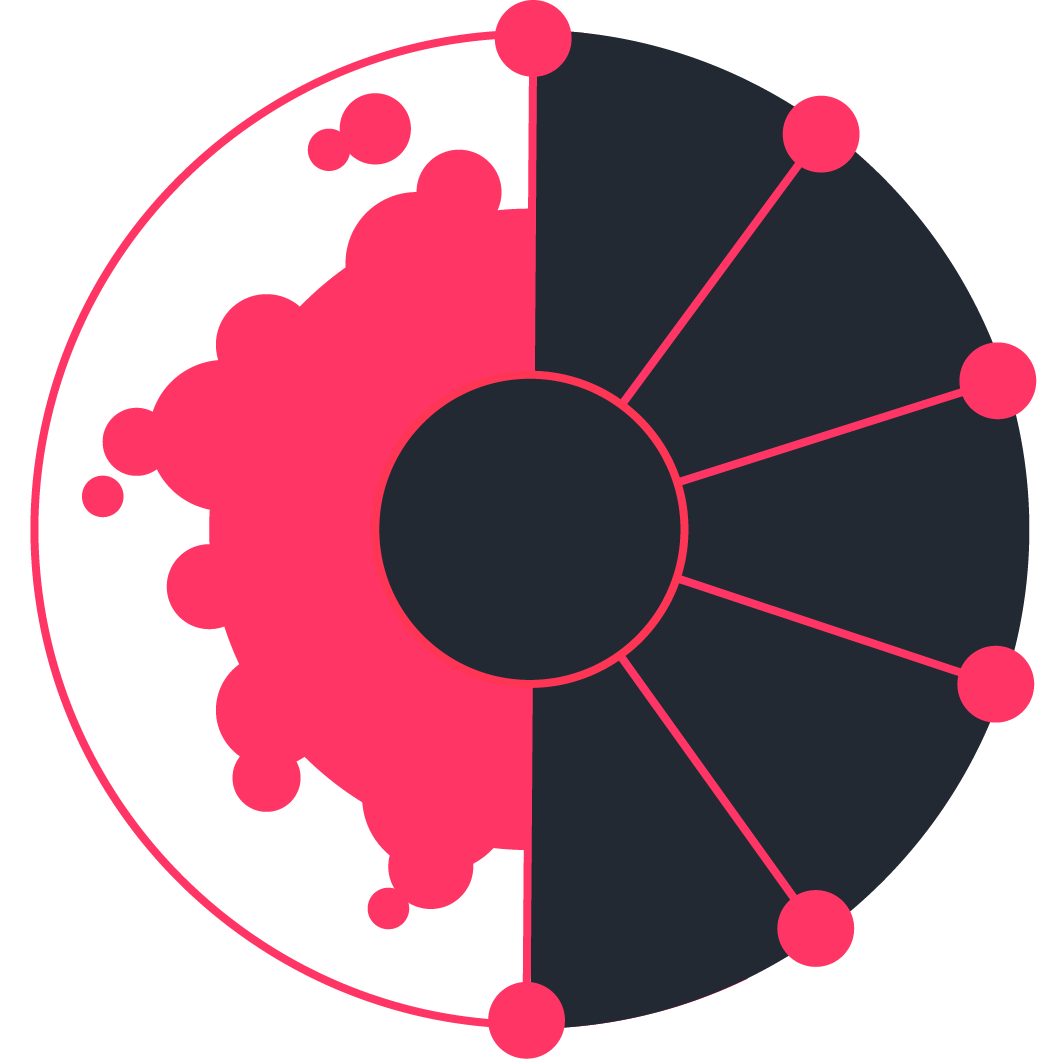
It looks like your browser is incompatible with our website.
If you are currently using IE 11 or earlier, we recommend you update to the new Microsoft Edge or visit our site on another supported browser.

If you are currently using IE 11 or earlier, we recommend you update to the new Microsoft Edge or visit our site on another supported browser.


“There was no similar software program [Nebula enterprise search software] where you could dig out items from your own internal documents - and everything I needed was in our internal documents.”
- Dr. Dolly Tyan, Aditxt Therapeutics Inc.
Aditxt Therapeutics, Inc. (Aditxt), founded in 2017 by Amro Albanna, is a California-based life sciences company developing technologies focused on improving the health of the immune system through immune reprogramming and monitoring.
Aditxt’s immune monitoring technology’s first application is used to monitor subjects’ immune responses before, during, and after patients’ receipt of the COVID-19 vaccine, the technology also has applications for infectious disease, allergies, organ failure, and disease susceptibility.
Apoptotic DNA Immunotherapy™, Aditxt’s immune reprogramming technology, is designed to retrain the immune system to induce tolerance addressing rejection of transplanted organs, autoimmune diseases, and allergies. Aditxt Immune Monitor™, the company’s immune monitoring technology, is designed to provide a personalized comprehensive profile of the immune system.
In late 2020, Dr. Dolly Tyan, Senior Vice President of Clinical Development- Transplantation, at Aditxt Therapeutics, was looking to replicate a series of transplantation experiments conducted over a decade ago. She needed to review lab notes, lab results, and reports related to three separate projects performed by a different company, whose assets Aditxt had acquired. She needed to carefully review the original data for these projects, find whether or not the data was consistent, and determine how to replicate the findings. Were any reagents in the experiments changed? Was there missing data? Was data incorrectly annotated?
How was she going to find all of this information and data when the company’s documents were buried– and those who had performed the experiments were no longer in the picture? There was no way she could move ahead if she couldn’t understand what had been done previously.
Dr. Tyan needed to triage approximately 19,000 documents. To make matters more complicated, many of the figures, tables, JPEGs, handwritten notes, diagrams, drawings, and charts were poorly labeled or had missing text. Many of these items could be considered dark data, which was impossible to search and mine without the help of Nebula enterprise search software. This made it virtually out of the question to find the information she was seeking.
Dr. Tyan began to manually sort through and organize this enormous volume of documents, but it was incredibly overwhelming- and taking time away from her real work as a scientist. Wasn’t there a simpler way?
Nebula indexed all of Aditxt’s internal documents, which had been stored on SharePoint drives. These documents included PDFs, Excel spreadsheets, MP4s, docx documents, JPEGs, zip files, handwritten notes, embedded diagrams, and more. Nebula then applied categories and tags to everything, making all the information easy to search, find, and connect.
Once indexed, Dr. Tyan and her team used the Nebula platform’s advanced search capabilities to find the information they needed quickly and efficiently. Nebula provides a variety of search options like proximity and prefix searches together with long search queries with complex strings based on each successive set of search results. All of these search options allowed the team to zero in on the most relevant documents. Dr. Tyan was also able to find poorly labeled, unlabeled, or annotated images like graphs, tables, and more, which was key to her work.
12 months
6 months
5 days
Using Nebula, Dr. Tyan was able to organize and categorize Aditxt’s documents in just five days and get a clear picture of all the previously conducted research. Without Nebula, she estimates it would have taken her six to 12 months to do so. “There was no similar software program where you could dig out items from your own internal documents–and everything I needed was in our internal documents,” says Dr. Tyan. “Nebula connected me in a very strategic way… What took me a week just to put in subfolders would come out in less than a couple seconds on the platform. It was phenomenal, incredible.”
Dr. Tyan recognizes the power of ResoluteAI’s platform. She says, “I knew we couldn’t succeed [at Aditxt] without Nebula. When you do a search and refine it, you get exactly what you want. You hit the bullseye.”
For each new research project that arises at Aditxt, Dr. Tyan and her team of researchers now use Nebula to determine if the company has relevant documents in their internal systems related to the project. She notes that there is a significant amount of data buried in Aditxt’s SharePoint collection, which has never been collated or consolidated. Nebula, she says, has given Aditxt the opportunity to index, analyze, and understand huge amounts of research material. She sees other use cases for Nebula in other departments at Aditxt- even if those in the departments might not immediately see them. For example, she says, ”The ability to have non-trackable searches for company confidentiality is huge. And the ability to have alerts for tech transfer opportunities is also very important.”
Would Dr. Tyan recommend Nebula?
Yes, she says, and she has.
Dr. Tyan says that any medical or scientific company with offices around the world would benefit from Nebula as would large hospital and healthcare systems. Huge, unwieldy, and fragmented organizations would definitely benefit from the tool, she says. She also thinks academic institutions could benefit from Nebula. Dr. Tyan says that at universities, many times there are faculty and researchers in various departments who don’t know that there is a colleague in a different department doing similar or overlapping work, acquiring clinical specimens that are needed, working on novel technologies, writing up research studies, or knowing which grants have been awarded. Dr. Tyan says, “The combined access for those who would wish to share in a Nebula platform would be extraordinarily powerful.”
See how ResoluteAI's research platform can help you. Book a demo today.
